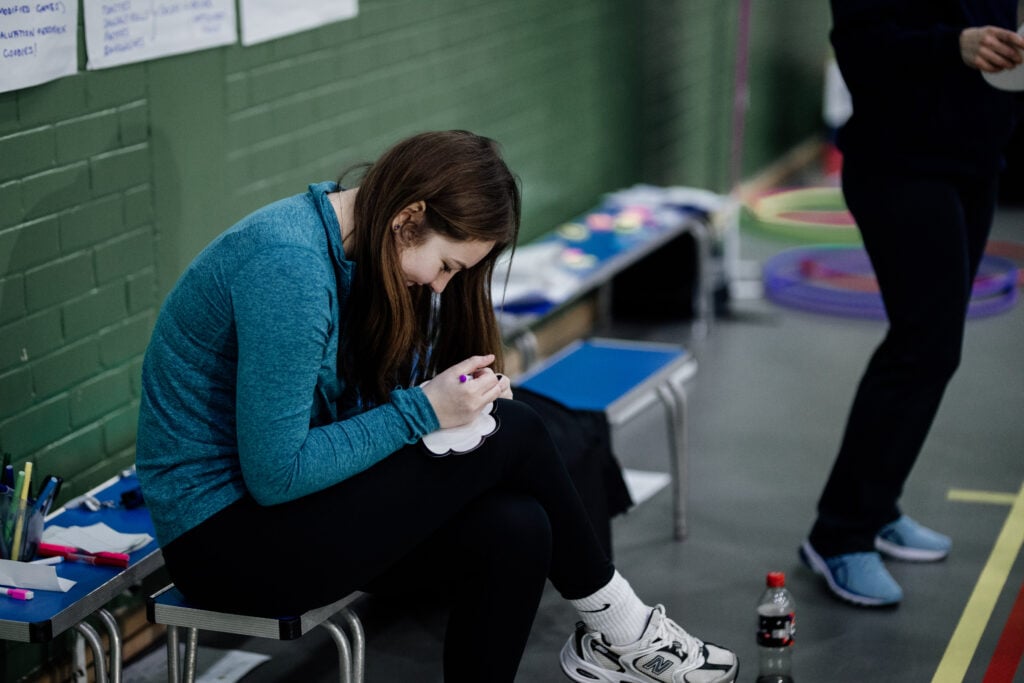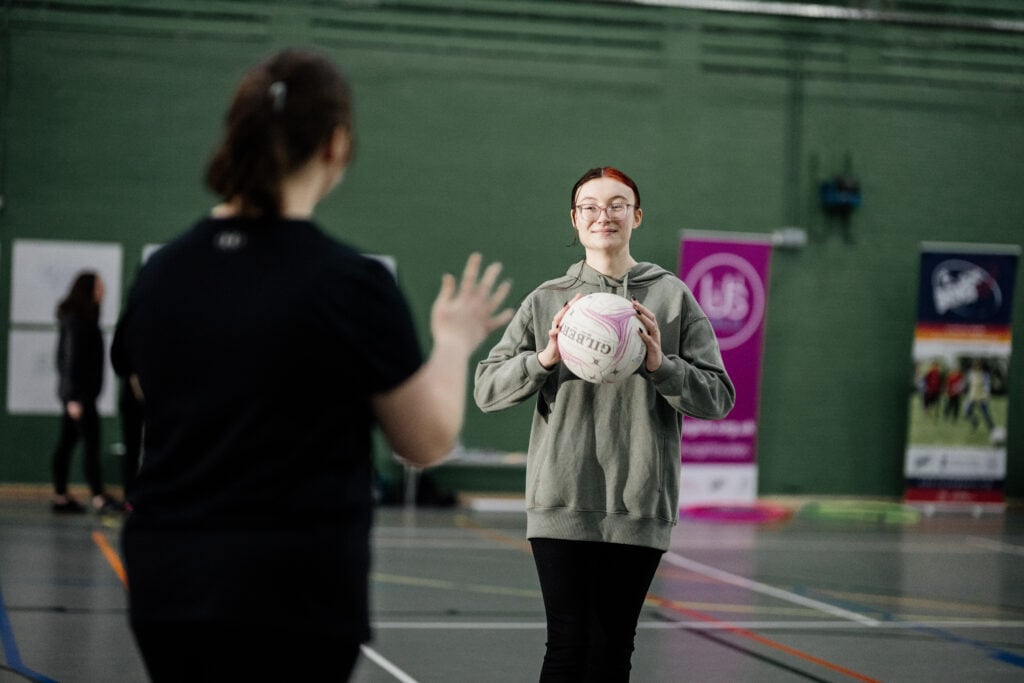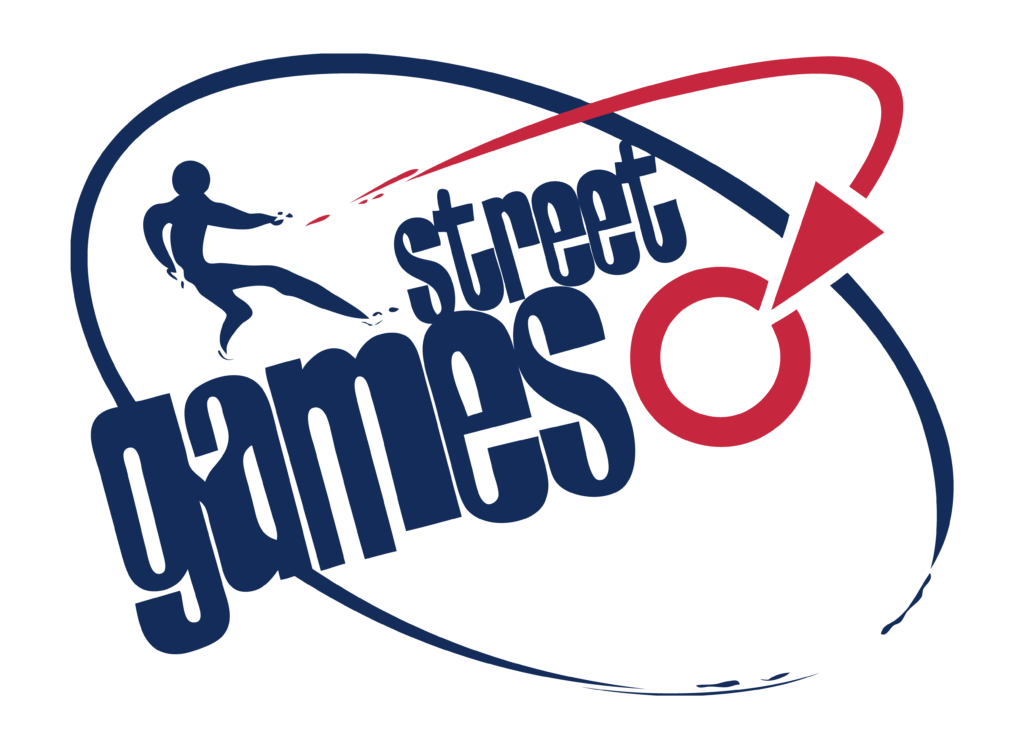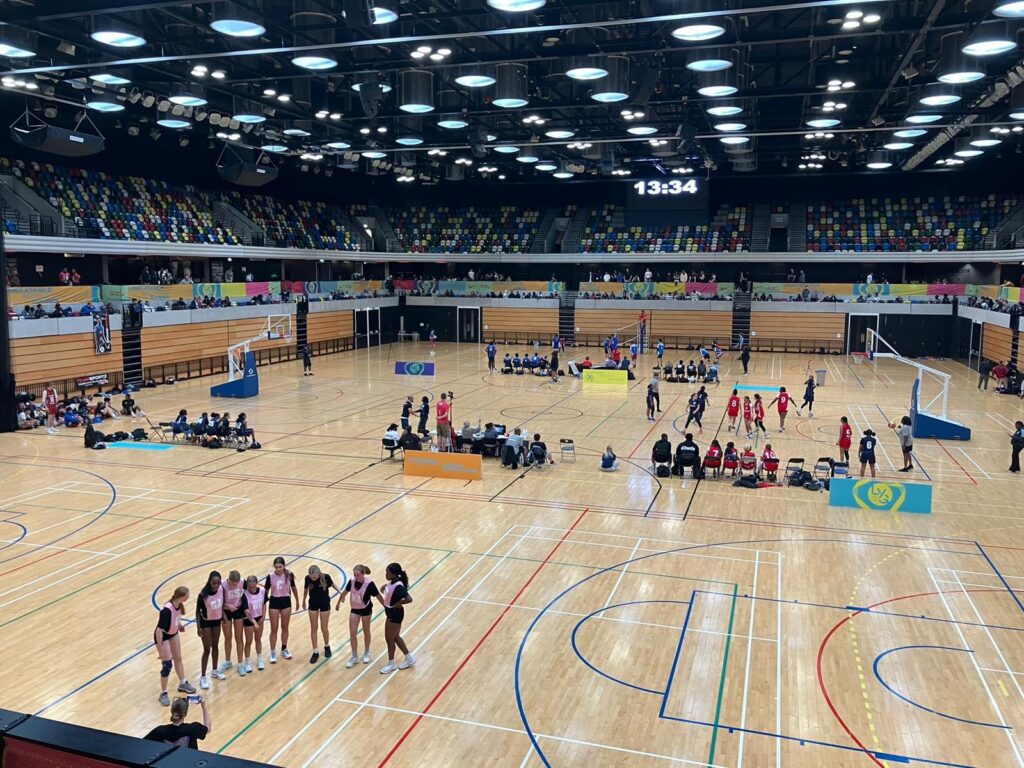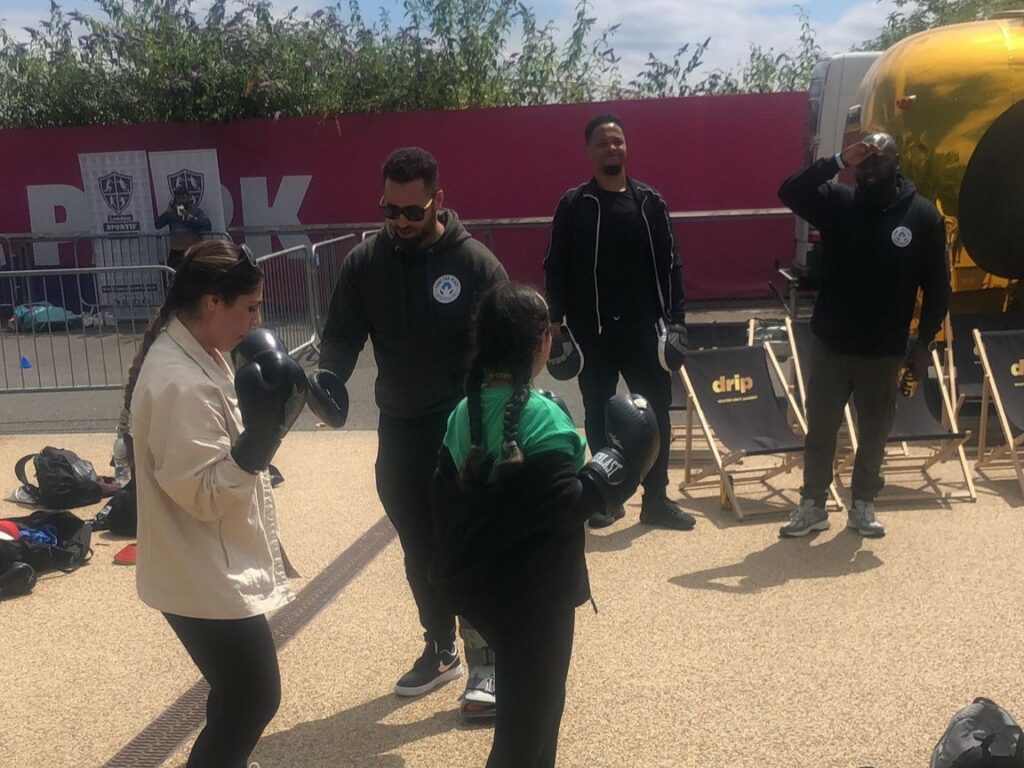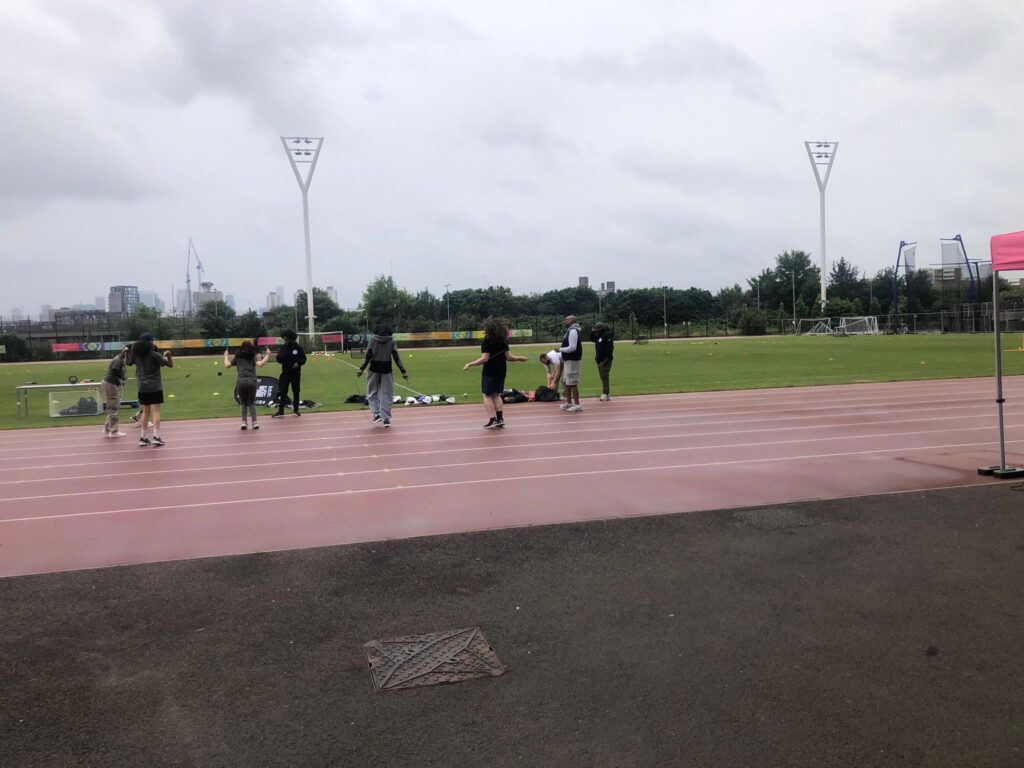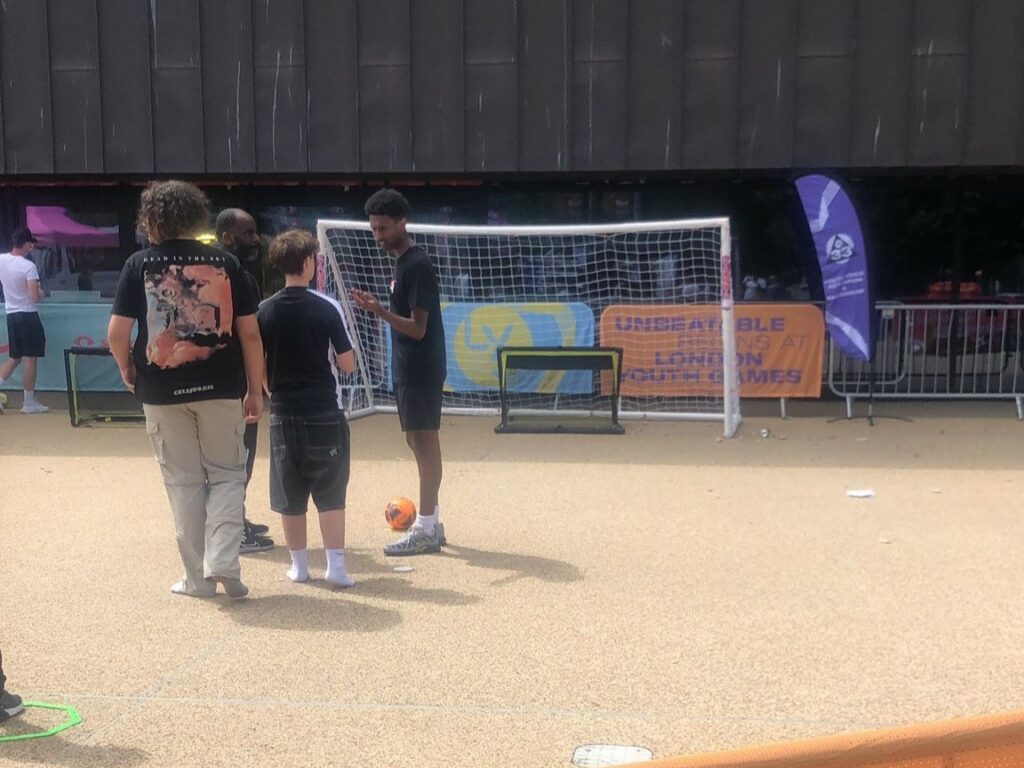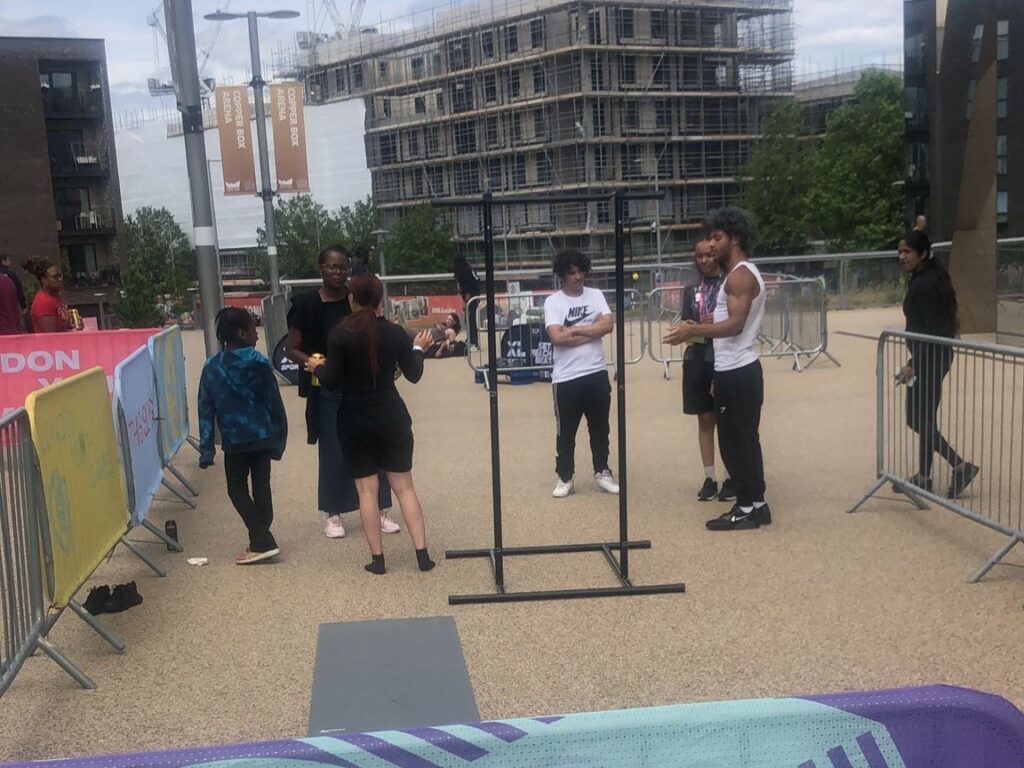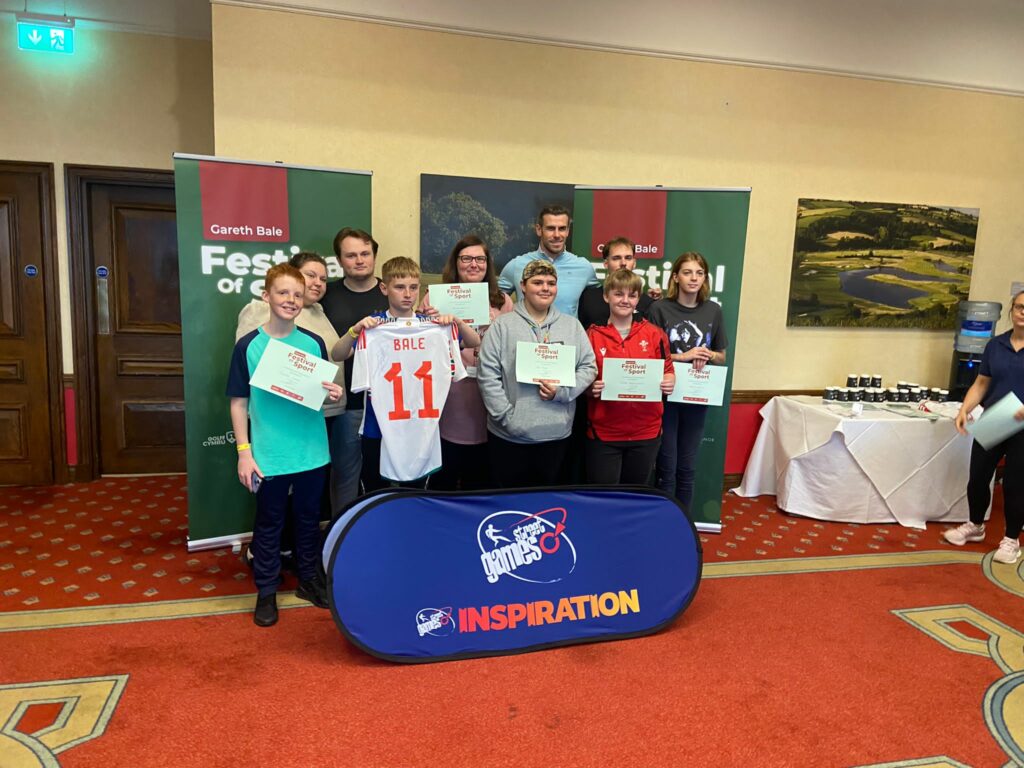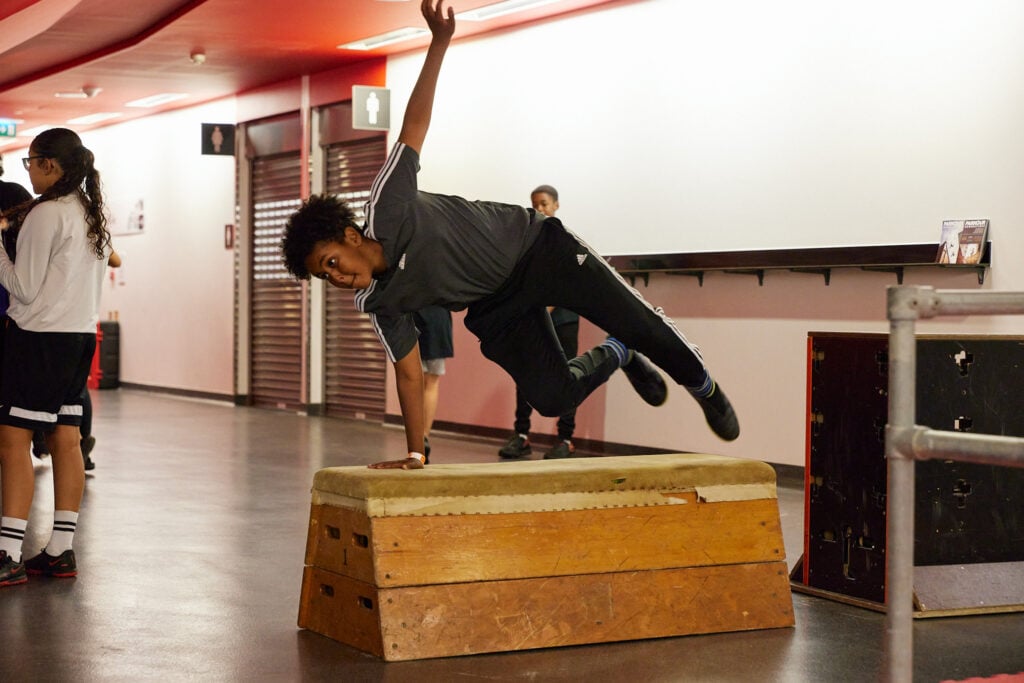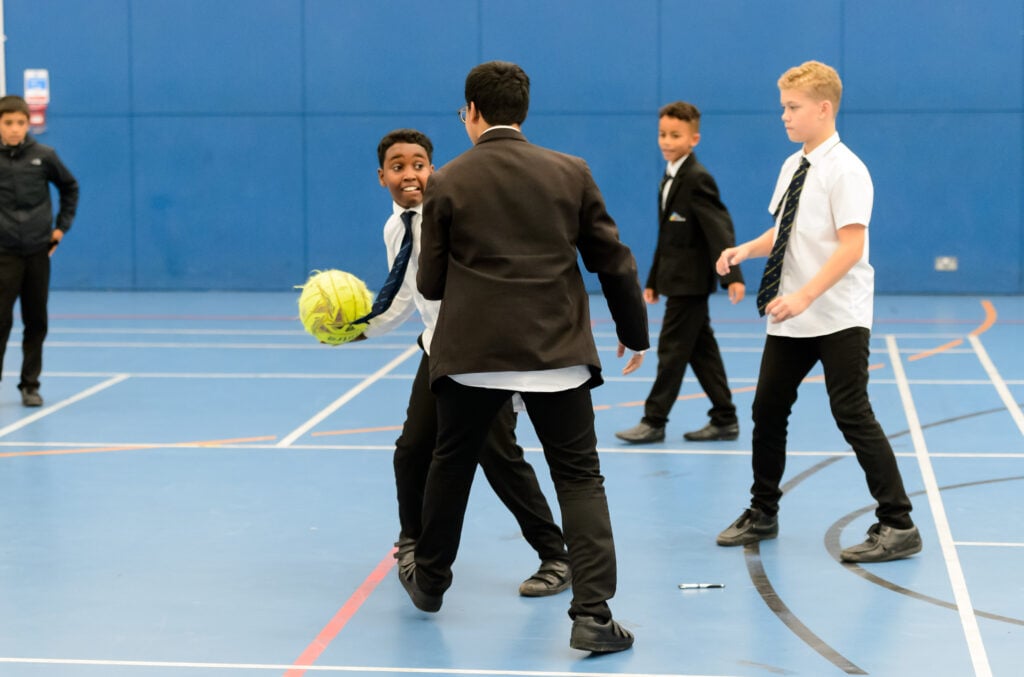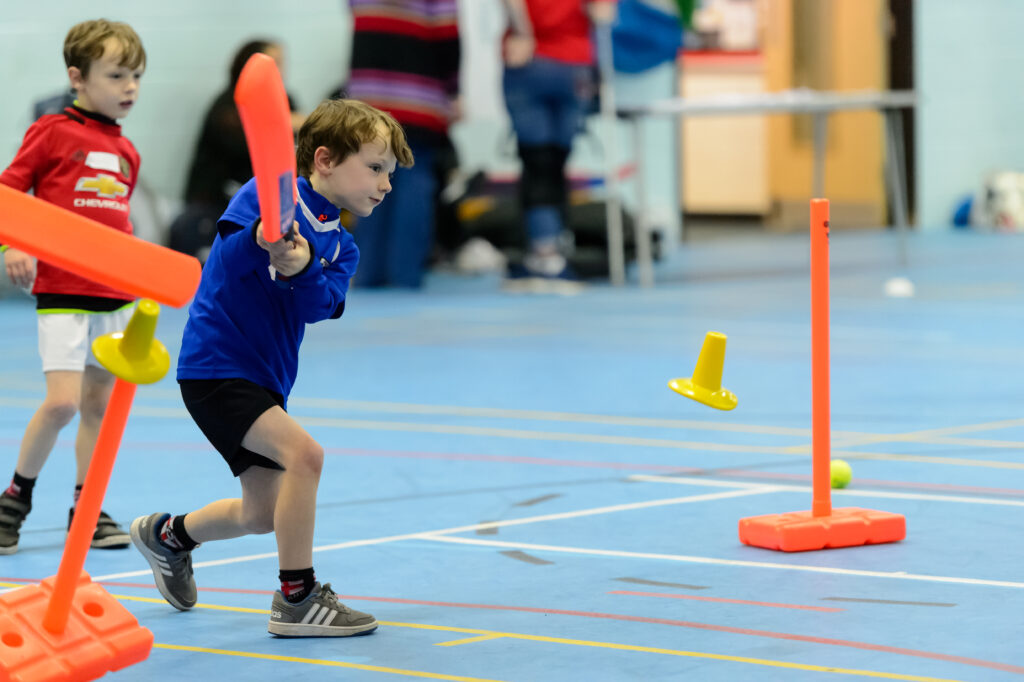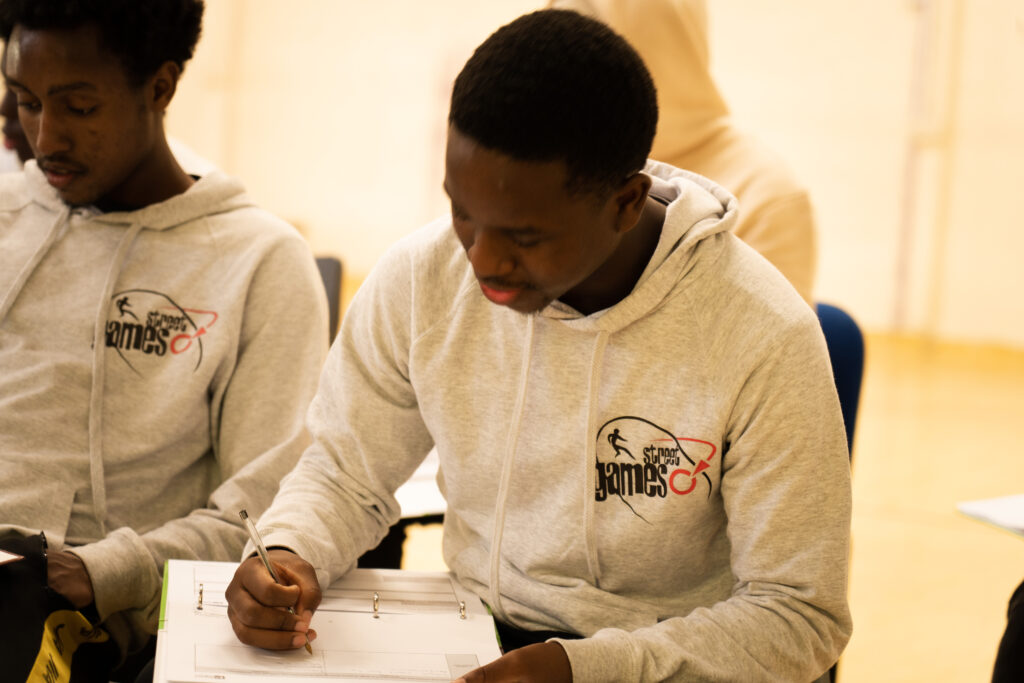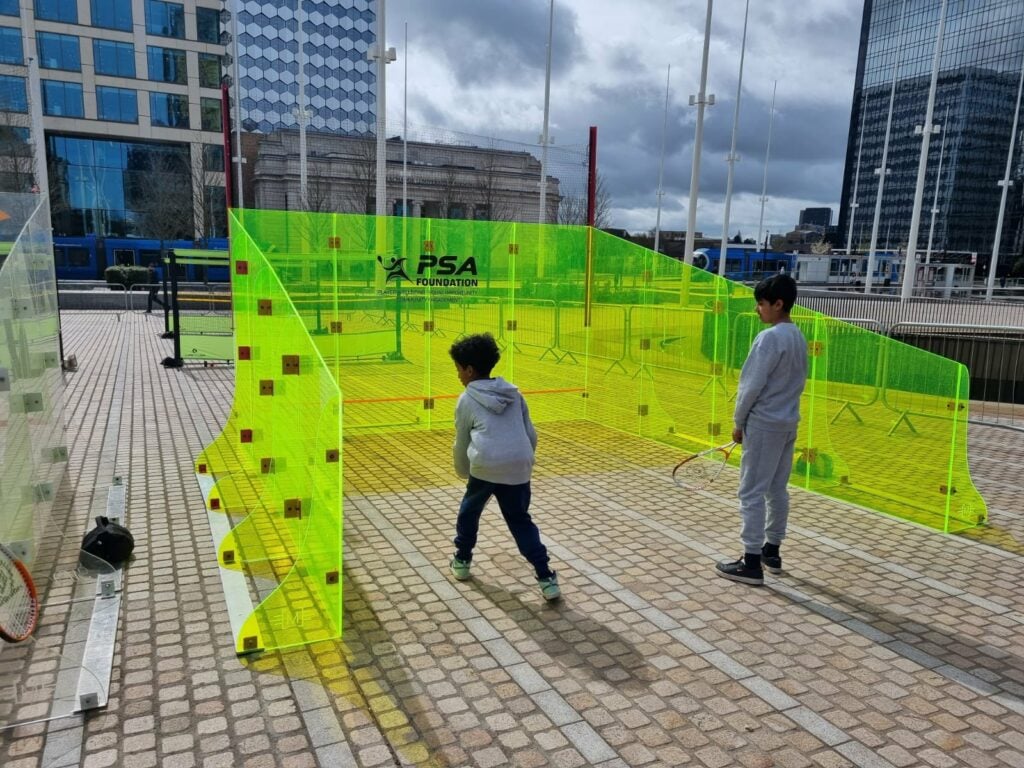The partners involved in the Opening School Facilities (OSF) initiative have been celebrating its success after it reached more than 168,000 children and young people and more than 50,000 local residents during its second year.
The three-year programme, which will have received up to £57million from the Department for Education by the end of March 2025, was launched in early 2023 to provide funding for schools to open up their facilities outside of the school day, giving pupils and people from the local community more opportunities to move and helping them to access a wider range of physical activities.
The programme is overseen by the Active Partnerships National Organisation (APNO) which works closely with StreetGames and two other national partners, ukactive and the Youth Sport Trust.
School Standards Minister, Damian Hinds, said: “Young people benefit so much by being active, not just in terms of their physical health but their mental health too.
“It’s great that the Opening School Facilities initiative is having such a positive impact in ensuring communities across England have the opportunity to access high quality sporting facilities and programmes.”
The participating schools have been selected based on the level of inactivity in the area. They are then supported at a local level by the network of 43 Active Partnerships that covers the whole of England, with schools and local communities from Cumbria to Cornwall and everywhere in between benefiting.
Newly released figures show that between 1 April 2023 and 31 March 2024 a total of 1,467 schools delivered more than 90,000 sport and physical activity sessions for pupils and members of the local community.
StreetGames and our consortium partners have ambitions to increase community use further during the third and final year of the programme, ensuring that more local people are aware of and able to use their local school’s facilities as a hub for sport, physical activity and movement.
Claire Lee, Strategic Lead for the Opening School Facilities programme for APNO, said: “We are absolutely thrilled to see how many young people and local adults have been participating in this programme as it really illustrates that we have been able to support schools from across England to open up their facilities.
“We have already surpassed our initial target for the number of schools we were hoping to involve in the programme and that is all thanks to the fantastic support and collaboration we have had from our national partners and from Active Partnerships from across the network.”
Popular activities that have been delivered in schools by the teachers, community providers and local clubs have included multi-sport, dance, basketball and table tennis, with swimming and water safety also proving to be a very popular across all regions.
The Active Partnerships network plays a key role in helping tackle the barriers that some groups of people and communities face when it comes to moving more and being active, so OSF funding has been prioritised to projects that encourage women and girls to be more active, those that help disadvantaged and culturally diverse communities and those supporting people with special educational needs, disabilities or long-term health conditions.
Jane Shewring, StreetGames National Programme Lead for OSF, said: “This year has seen us working with schools across the country to deliver youth voice workshops with more than 1000 children and young people, all of whom were identified as inactive or not engaged in community sport.
“Building on the success of the programme so far, the findings from these workshops will enable us to engage even more young people in sport and physical activity by providing training and recommendations to schools to support them to deliver the ‘right style’ of activity as described by workshop participants – with the key motivating factor of having fun at the heart of the offer.”
Dr Esme Tuttiet, Research and Data Analyst at ukactive, the qualitative evaluation partner for the OSF programme said: “It’s great to see the success of the Opening Schools Facilities Programme and its continued growth to give even more children and young people the chance to be more active.
“We know the importance of going beyond the numbers and understanding the social, physical and mental benefits children can experience through physical activity and the value it can bring to their everyday lives.
“Our sector is committed to supporting and building lifelong physical activity habits for young children and the Opening School Facilities programme is proving its potential to help reach the youngest in our society, giving them the best chance to be active, happy and healthy.”
With the funding for the programme due to end on 31 March 2025, the national and local partners are also working hard to support the schools in finding ways to sustain the projects that have been established, so that the thousands of people taking part can continue to be active.
To find out more about Opening School Facilities, please go to the Active Partnerships National Organisation website.
